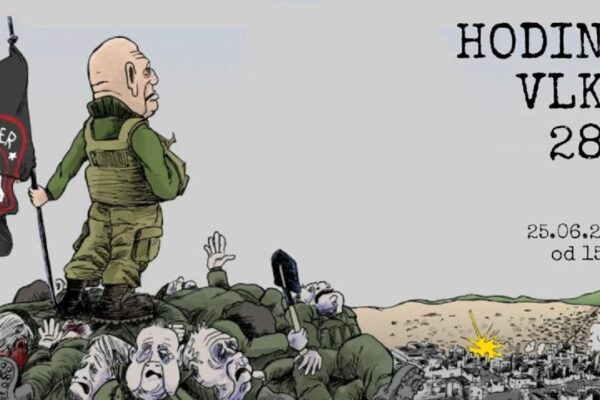
Introduction to Line of Duty
Line of Duty, a British police procedural television series created by Jed Mercurio, has captivated audiences since its debut in 2012. The show, which airs on BBC One, delves deep into the dark and complex world of police corruption, shining a light on the often murky ethics of law enforcement. Its gripping storylines and complex characters have garnered critical acclaim, making it a significant part of British television culture.
The Impact of Line of Duty
The series follows the investigations of AC-12, a fictional anti-corruption unit in the police force. Throughout its six series, Line of Duty has tackled various contemporary issues, including systemic corruption, the consequences of power, and moral dilemmas faced by officers. According to recent reports, the show’s viewership peaked during its sixth series, with over 15 million viewers tuning in for the finale, illustrating the deep engagement it has fostered among the public.
One of the defining features of Line of Duty is its ability to weave intricate narratives that reveal the complexities of the human condition. The characters, particularly the morally grey central figures like Detective Superintendent Hastings and DI Kate Fleming, have resonated profoundly with audiences. The show’s clever use of plot twists has often sparked discussions and debates among fans, making it a social phenomenon in the UK and beyond.
Recent Developments and Future Prospects
Following the conclusion of its sixth series in 2021, there has been much anticipation regarding the future of Line of Duty. Speculation about a potential seventh series or spin-offs has kept fans engaged and hopeful. Mercurio himself has hinted at the desire to continue the story, stating, “The characters have many more stories to tell,” thus ensuring that the series remains relevant.
The impact of Line of Duty extends beyond mere entertainment; it has prompted discussions on real-life policing and public accountability. This dialogue is particularly relevant in light of recent global movements advocating for police reform and accountability in law enforcement practices.
Conclusion
Line of Duty stands as a testament to the power of storytelling in tackling vital social issues, while also keeping audiences on the edge of their seats. As viewers eagerly await news of its potential continuation, the show’s legacy as a cornerstone of British drama remains unchallenged. The blend of suspense, character development, and social commentary ensures that Line of Duty will be remembered as not only a beloved series but also a significant cultural touchstone in modern television history.
You may also like

The Importance of Storytelling in Modern Society

Understanding the Fall Season: Change, Beauty, and Tradition

Everything You Need to Know About ITV2
SEARCH
LAST NEWS
- Remembering Wendy Richard: The Promise to Co-Star Natalie Cassidy
- How Did Anglian Water Achieve an ‘Essentials’ Rating for Mental Health Accessibility?
- Shai Hope Leads West Indies in T20 World Cup Clash Against South Africa
- What We Know About Weston McKennie: Future at Juventus and Past at Leeds
- What We Know About the Upcoming Live Nation Antitrust Trial